Schools in Delhi have been asked to run hybrid classes for primary students, and non-essential construction activity has been banned as air quality worsens in the Indian capital. Authorities enforced stricter anti-pollution measures on Tuesday, limiting the movement of goods carriers in the capital and its suburbs. Delhi's air quality has deteriorated to "severe" levels, according to authorities, which can affect healthy people and seriously impact those with existing diseases.
The Central Pollution Control Board reported that the capital's PM2.5 levels in the air reached 438 on Wednesday, a dangerously high concentration of fine particles that can clog the lungs. This is nearly 30 times higher than the World Health Organisation's safe limit and about eight times higher than India's national average. The WHO considers a 24-hour average of no more than 15 to be safe.
Dr. Anurag Agrawal, Director of the Institute of Genomics and Integrative Biology, said, "The current air quality in Delhi is a cause for concern. The high levels of PM2.5 can cause respiratory problems, cardiovascular issues, and other health complications. We advise people, especially children and the elderly, to avoid going outdoors unless absolutely necessary."
The stricter anti-pollution measures are part of a larger effort to combat air pollution in Delhi. In recent years, the city has struggled with poor air quality, particularly during the winter months when crop burning and industrial activities contribute to the problem. The Delhi government has implemented various measures, including the ban on non-essential construction activity, to reduce pollution levels.
Experts say that the hybrid classes and construction ban are a step in the right direction, but more needs to be done to address the root causes of air pollution in Delhi. "While these measures are helpful, they are only a temporary solution," said Dr. Sarath Guttikunda, a researcher at the Urban Emissions Information System. "We need to focus on long-term solutions, such as improving public transportation, promoting clean energy, and reducing waste."
The current air quality in Delhi is a pressing concern, and officials are working to mitigate the situation. The Delhi government has announced plans to implement a comprehensive action plan to reduce air pollution, which includes increasing the number of electric buses, promoting the use of clean energy, and implementing stricter emission standards for vehicles.
As the situation continues to unfold, residents are advised to take precautions to protect themselves from the poor air quality. The Delhi government has set up air quality monitoring stations across the city, and people can check the current air quality index on the government's website. In the meantime, schools will continue to operate on a hybrid schedule, and non-essential construction activity will remain banned until further notice.
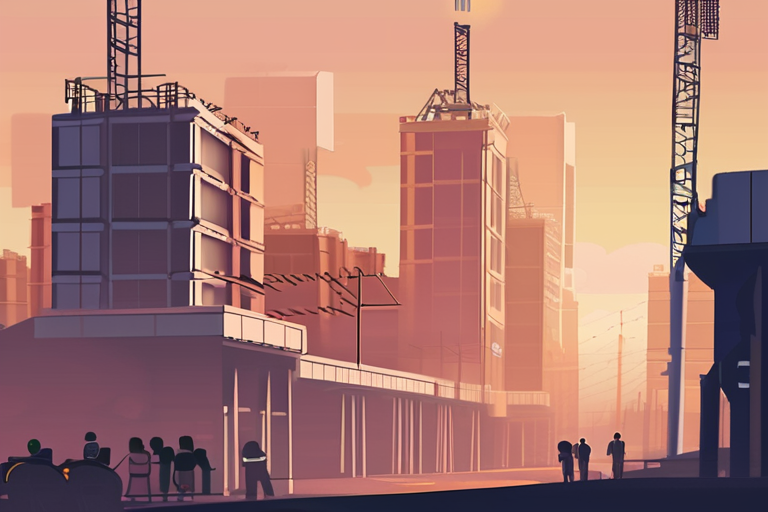


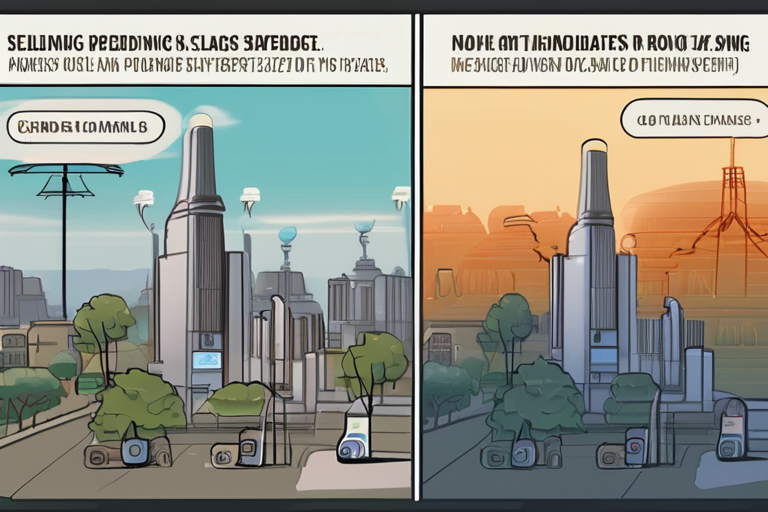
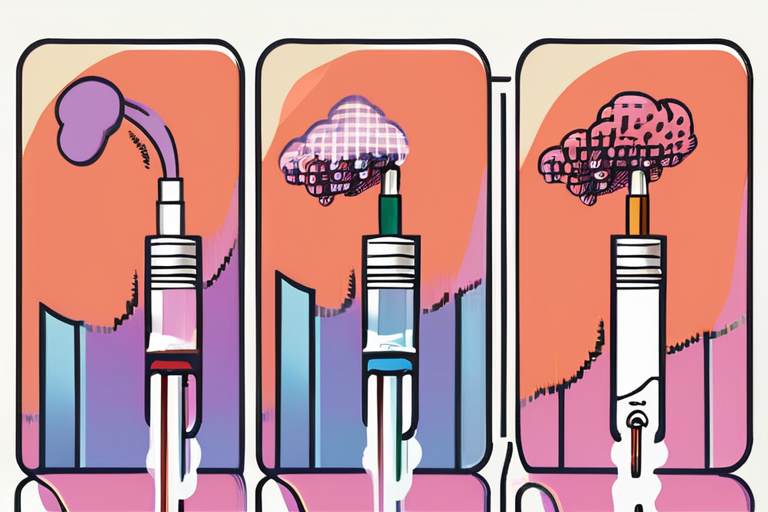
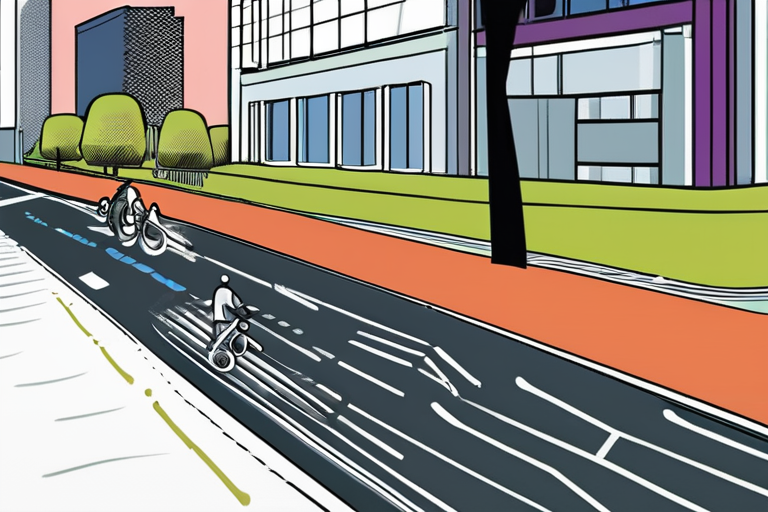



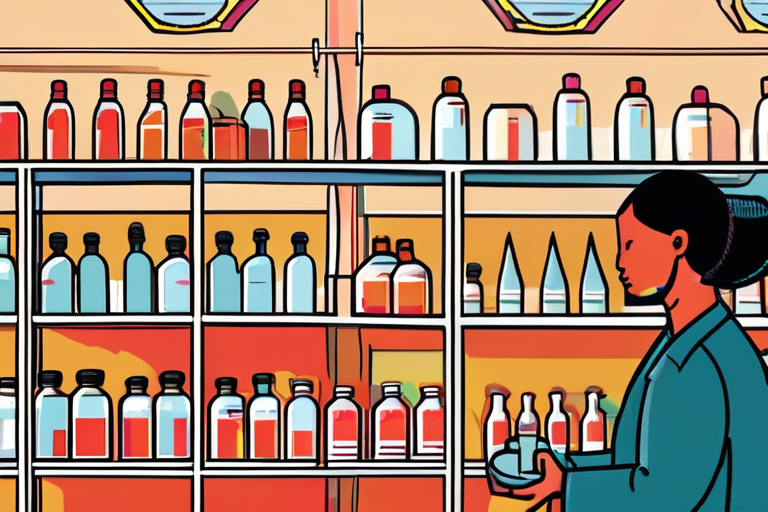
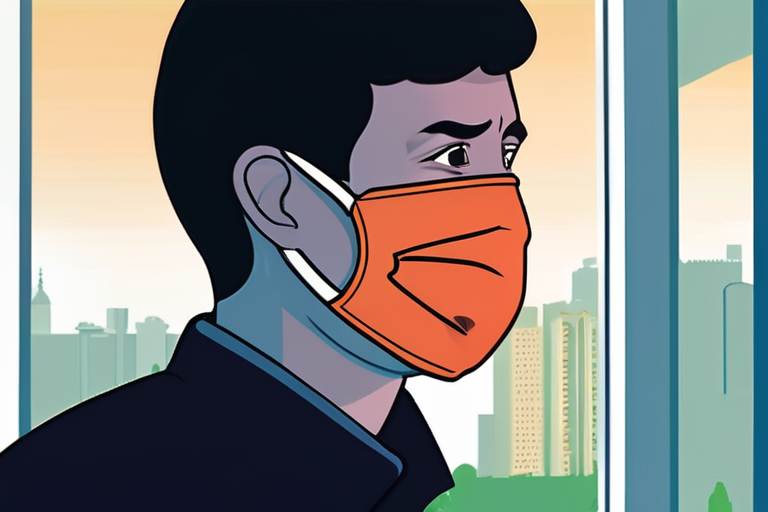
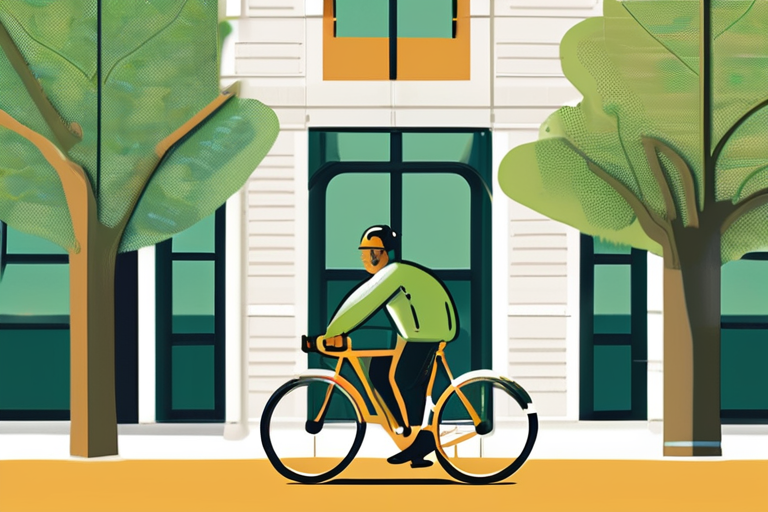
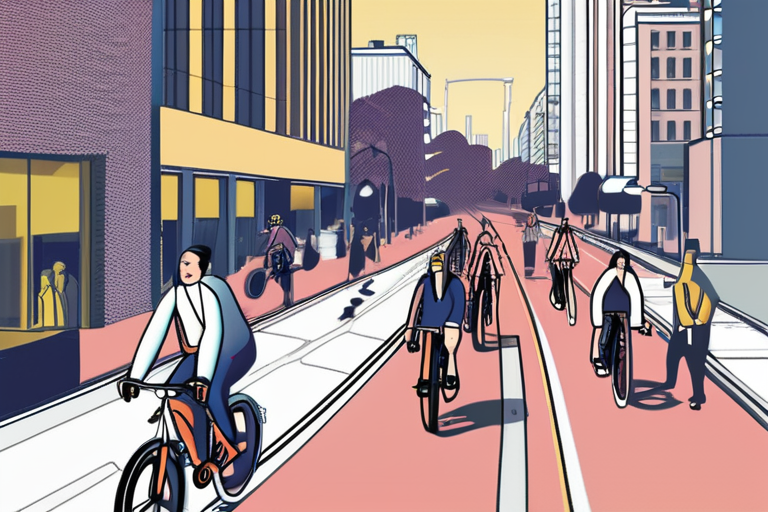
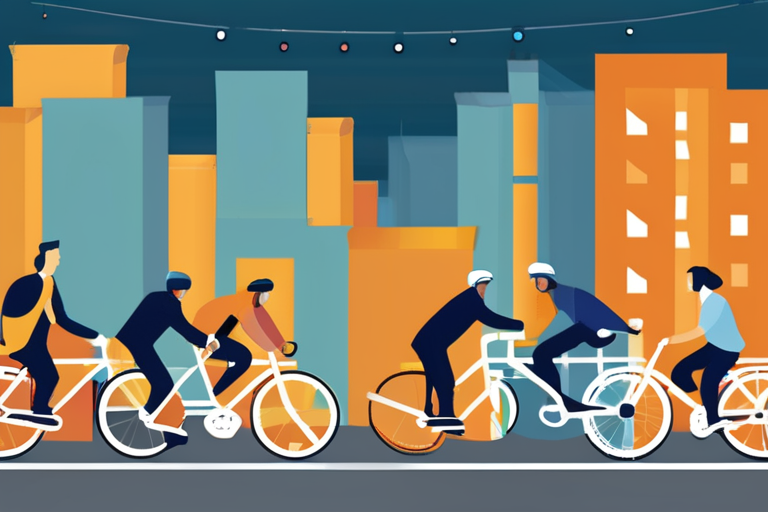
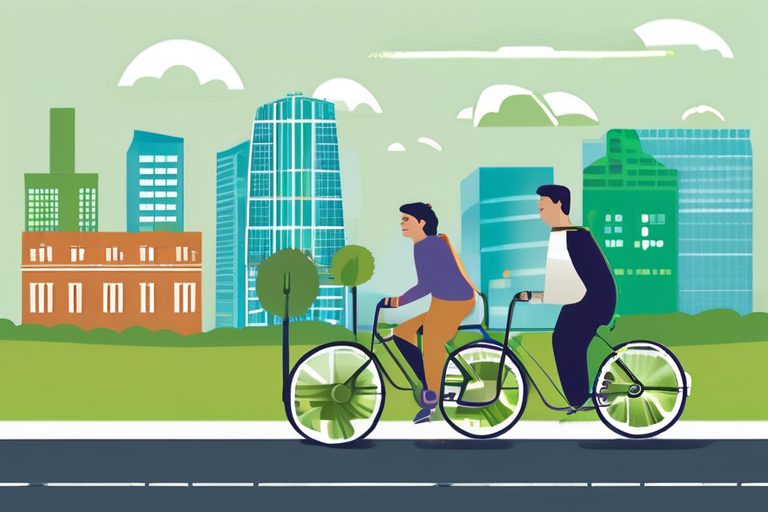
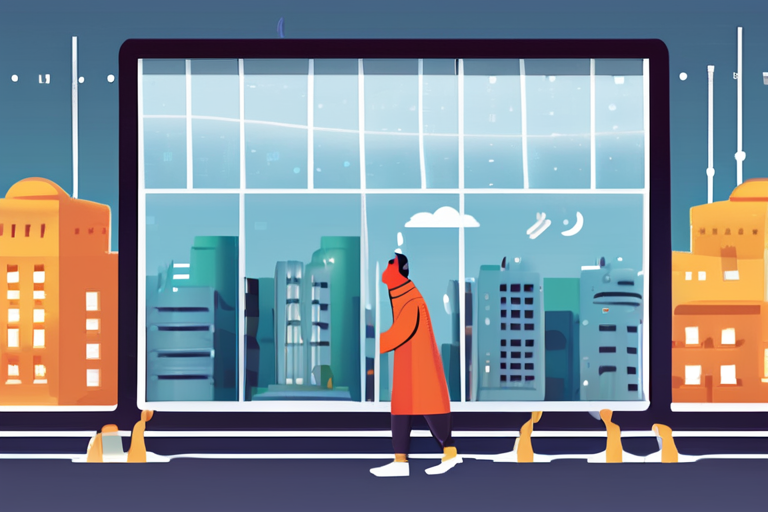

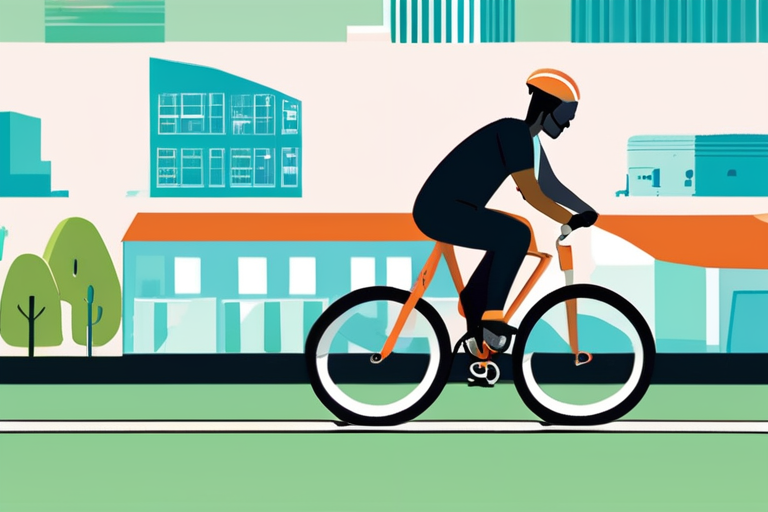
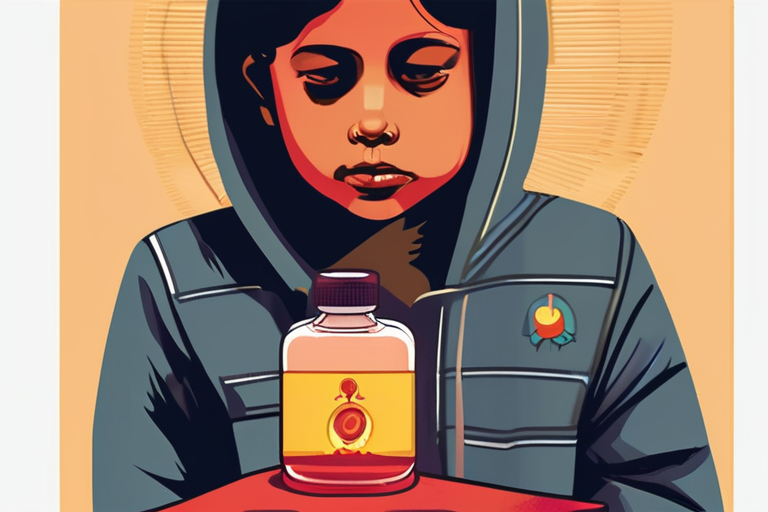
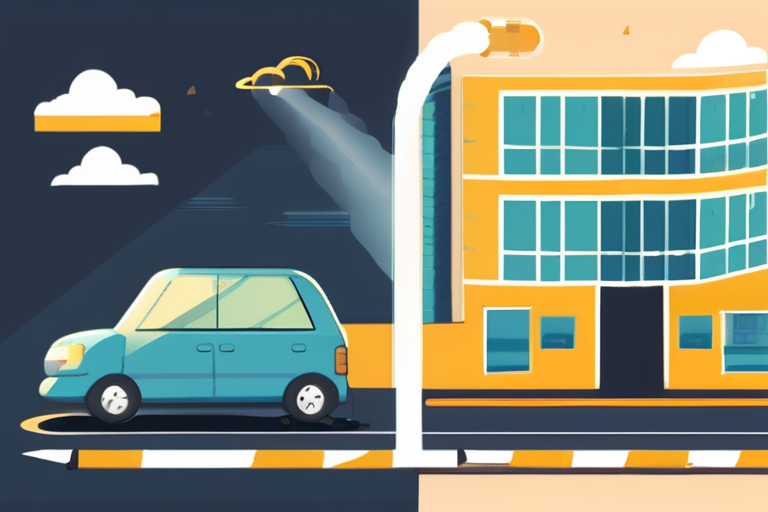


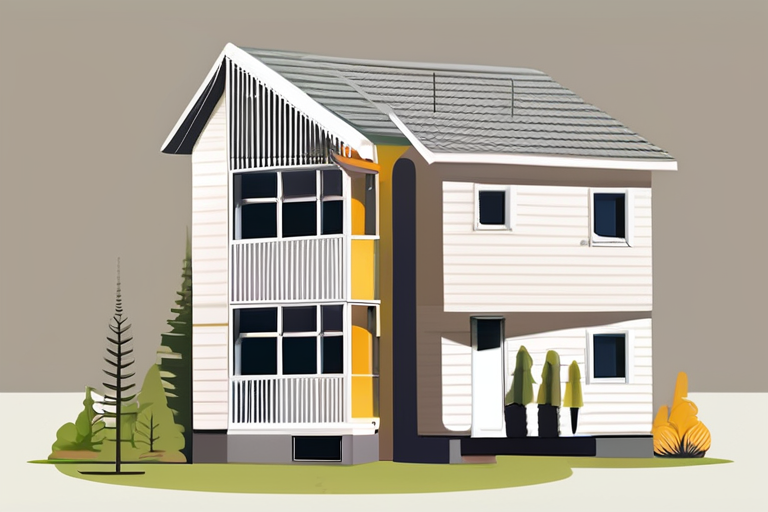
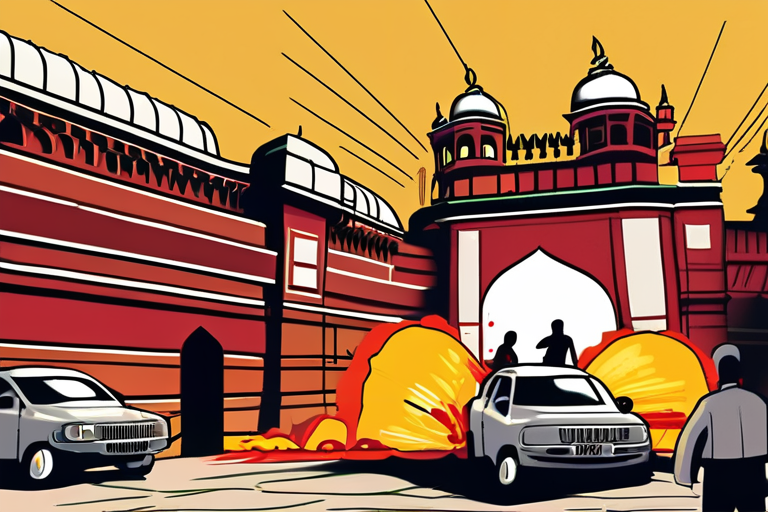
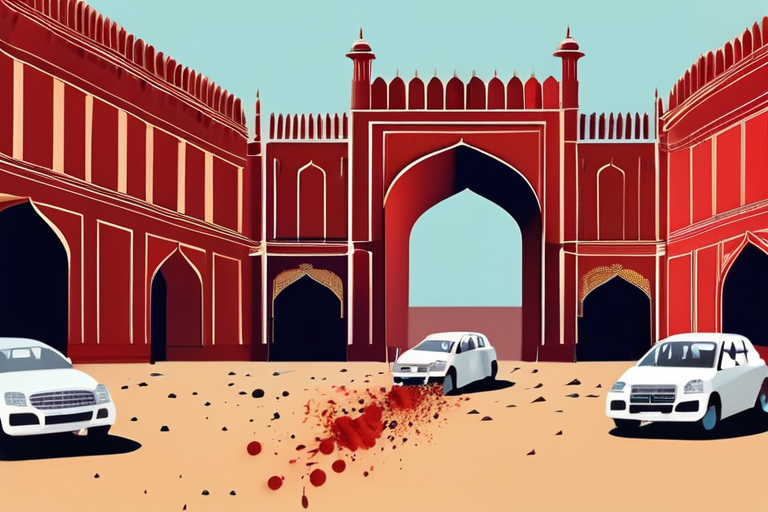
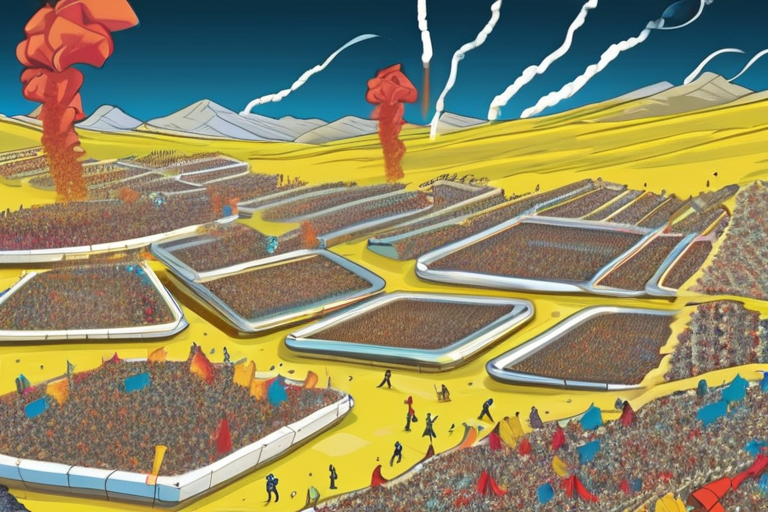
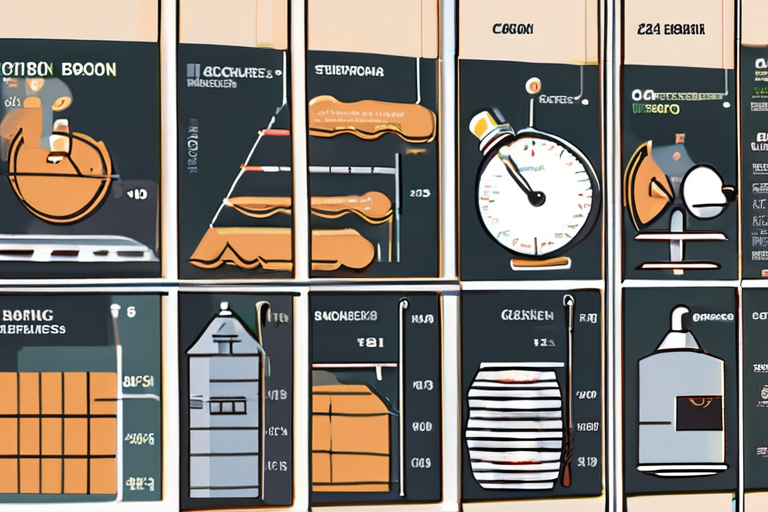
Share & Engage Share
Share this article